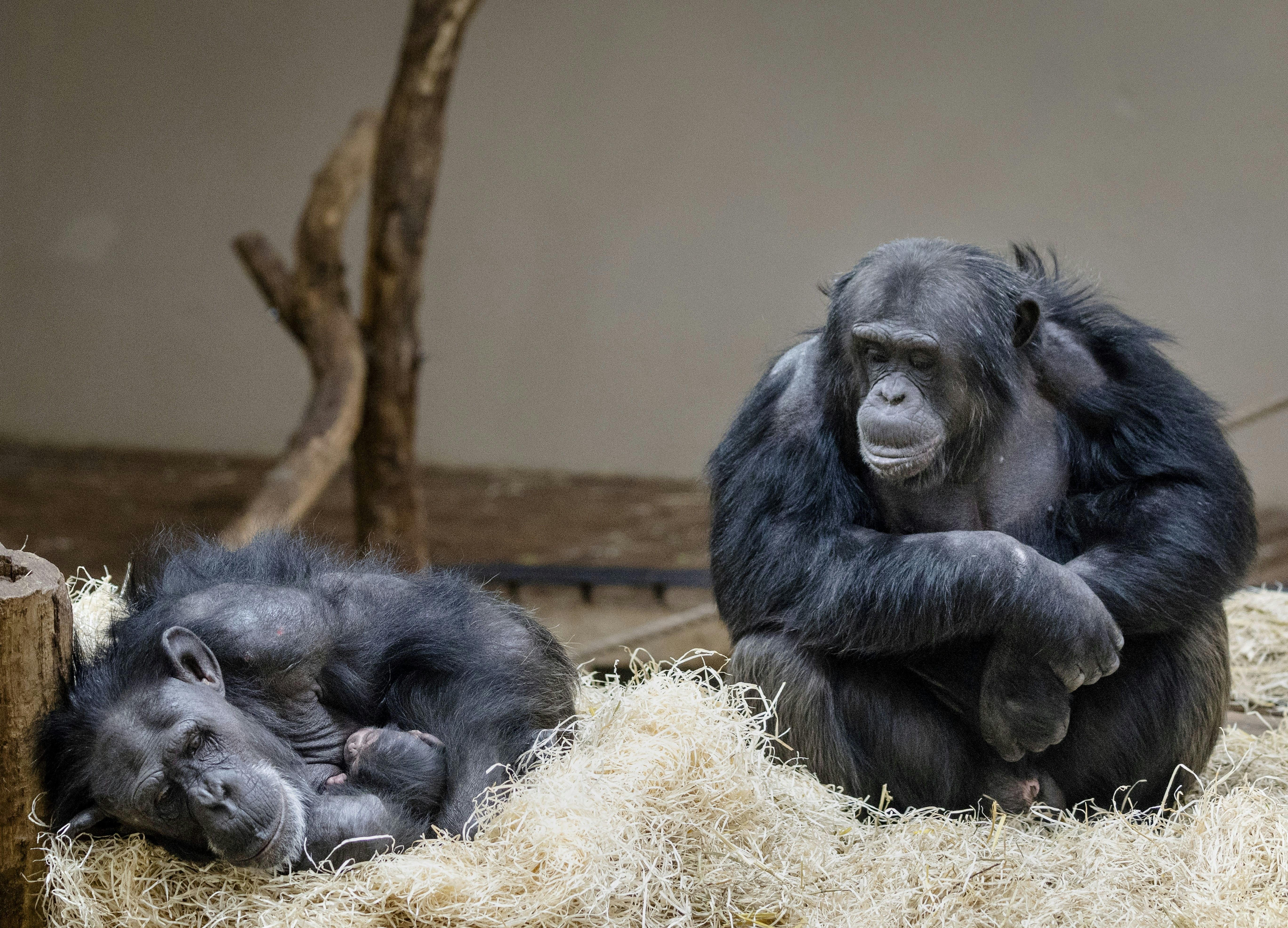
There’s no shame in admitting that many of us may struggle to remember the names of our high school friends (or even that friend of a friend you met last week). The same can’t be said for our other great ape cousins because, for them, the imprint of a friendly face might be literally unforgettable.
According to a study published Monday in the journal Proceeding of the National Academy of Sciences, chimpanzees and bonobos — Homo sapiens' closest living relatives — appear to still remember former groupmates or family members even if their last encounter was more than 25 years ago. The researchers say this study demonstrates that apes are capable of long-lasting social memory and that this ability might have been a stepping stone in the evolution of complex social structures and cultures in humans.
“We tend to think about great apes as quite different from ourselves but we have really seen these animals as possessing cognitive mechanisms that are very similar to our own, including memory,” Laura Lewis, the study’s first author and a comparative psychologist at the University of California, Berkeley, said in a press release.
Being social creatures, humans enjoy enduring memories of others that include contextual information like physical traits and our interactions and relationships with them, but it’s not entirely clear when this ability evolved. When we look at non-human primates, they also have some impressive social memory skills but scientists don’t know how long-lasting this skill can be, especially across different ape species. Discovering this missing piece to the cognitive puzzle would help pinpoint which aspects of our social memory are unique to us and which might be shared with our primate relatives.
For their study, the researchers conducted an experiment focused on a group of 26 chimpanzees and bonobos living in three different zoos in Scotland, Belgium, and Japan. These chimps were shown pictures of other apes they used to live with (who had left the zoos or died) alongside pictures of apes they’ve never met. For the group consisting of previous primate acquaintances, the last encounter ranged between nine months and 26 years. The researchers also considered the participants’ previous interactions, whether positive or negative.
Tracking the primates’ eye movement using a non-invasive eye-tracking device, they tended to stare more at pictures of their former groupmates, especially those they associated with positive interactions. Surprisingly, it didn’t matter how long the chimpanzees and bonobos had been apart: for one bonobo named Louise, who hadn’t seen her sister and nephew for over 25 years, the researchers say she consistently paid attention to their pictures, suggesting that Louise still remembered them after all these years.
“This pattern of social relationships shaping long-term memory in chimpanzees and bonobos is similar to what we see in humans, that our own social relationships also seem to shape our long-term memory of individuals,” said Lewis.
Christopher Krupenye, an assistant professor at Johns Hopkins who led the study, said the primates paying attention to others they’ve had positive experiences also goes beyond familiarity.
“[T]hey’re keeping track of aspects of the quality of these social relationships,” he said in the press release.
The study also raises the possibility that the apes may be missing their former groupmates and family members and that the absence, of using a well-worn idiom, makes their hearts grow fonder. The researchers say that with future studies, they want to further explore what emotional weight these social memories hold for great apes and whether they retain enduring memories of experiences in addition to other individuals.
“This work clearly shows how fundamental and long-lasting these relationships are,” said Krupenye. “Disruption to those relationships is likely very damaging.”
While evidence that chimps and bonobos form rich, long-lasting social bonds can inform humanity's own cognitive history, it also reaffirms that these vulnerable species lead complex, heartfelt lives that we are only beginning to understand.







